
Kind Events
Events for Change
As part of our mission to empower effective actions for social change, we run unique conference experiences that explore the pressing social, environmental and economic issues of our time.

No events scheduled… for now!
Follow us on our socials, or subscribe to our mailing list to be the first in the loop.
Past Event
Newkind 2022
Since 2016, Newkind Social Justice Conference has been pioneering the conversation on systems approaches to social change by bringing together subject matter experts, thought-leaders, academics, advocates and community development professionals to discuss the interconnectedness of key social issues relating to economics, gender, race, environment, employment, human rights, education and health.
Newkind is our annual conference and is designed to empower more effective actions for social change.
Speakers
Commissioner Sue-Anne Hunter / Juliana Nkrumah AM / Dr Virginia Mapedzahama / Ruby Hamad / Teela Reid / Tasneem Chopra OAM / Leah Thomas / Dr Dinesh Palipana OAM / Phil Saunders / Amy Gordon / Maria Dimopoulos AM / Elizabeth Lang / Hala Abdelnour / Dean Foley / Dr Sabrina Chakori / Dr Katherine Trebeck / Dung Tran / Sovaida Ma’ani Ewing / Sheetal Deo / May Samali / Shankar Kasynathan / Dr Hannah McGlade / Lewis Brown / Dr Mittul Vahanvati / Varsha Yajman / Jo Cavanagh OAM / Tania Farha
For sponsorship and speaking opportunities for Newkind 2023, please get in touch.








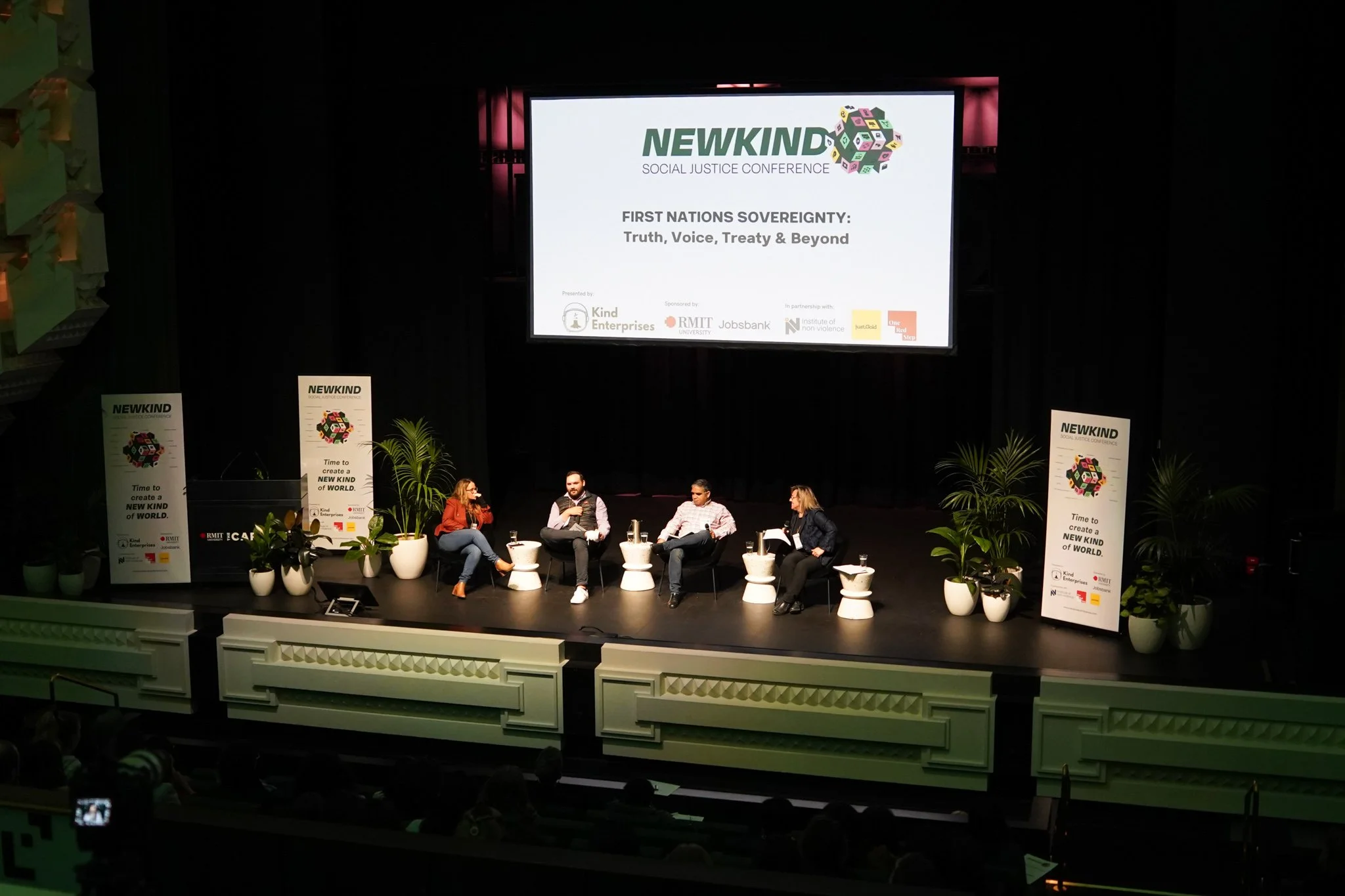

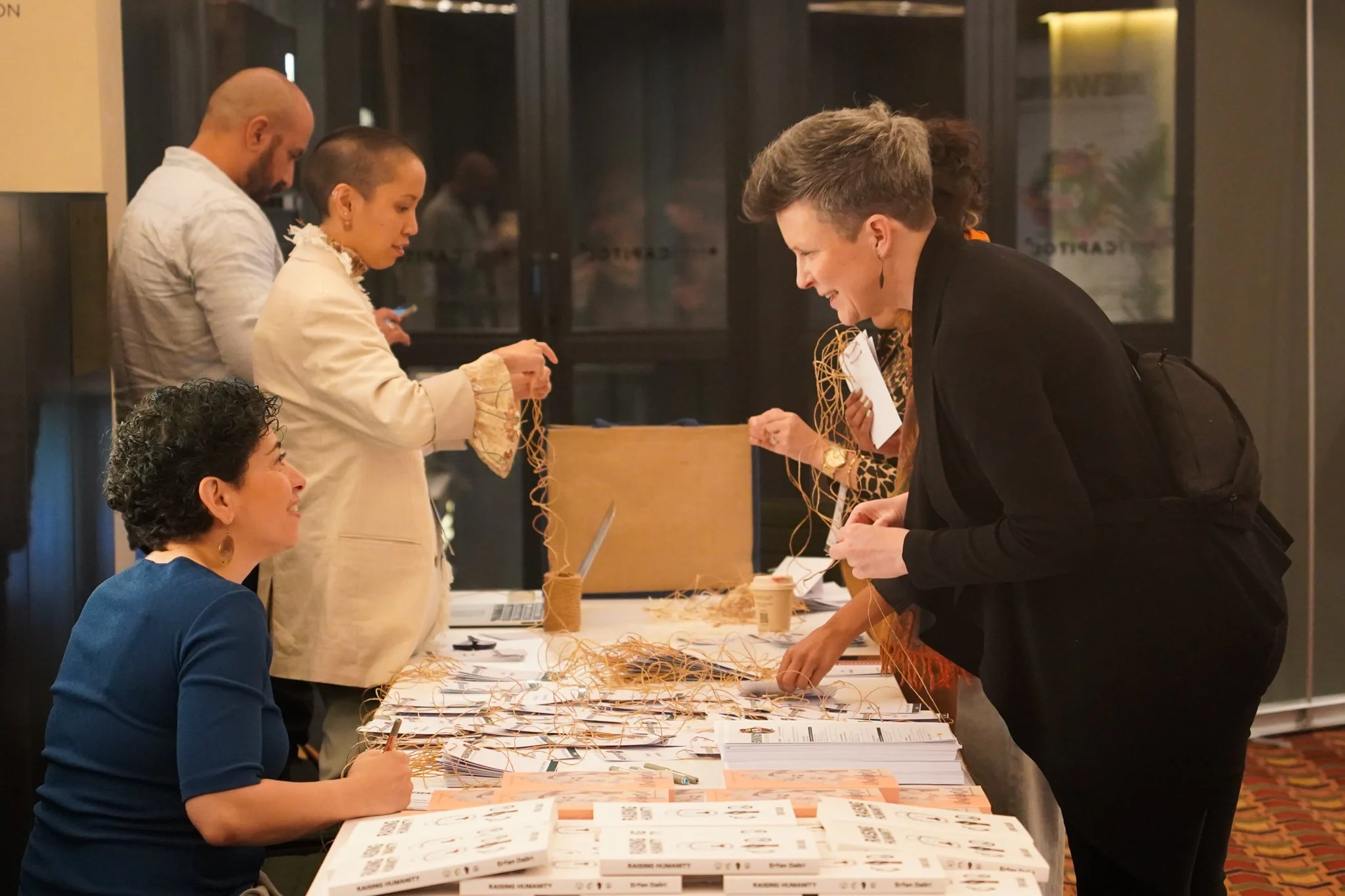

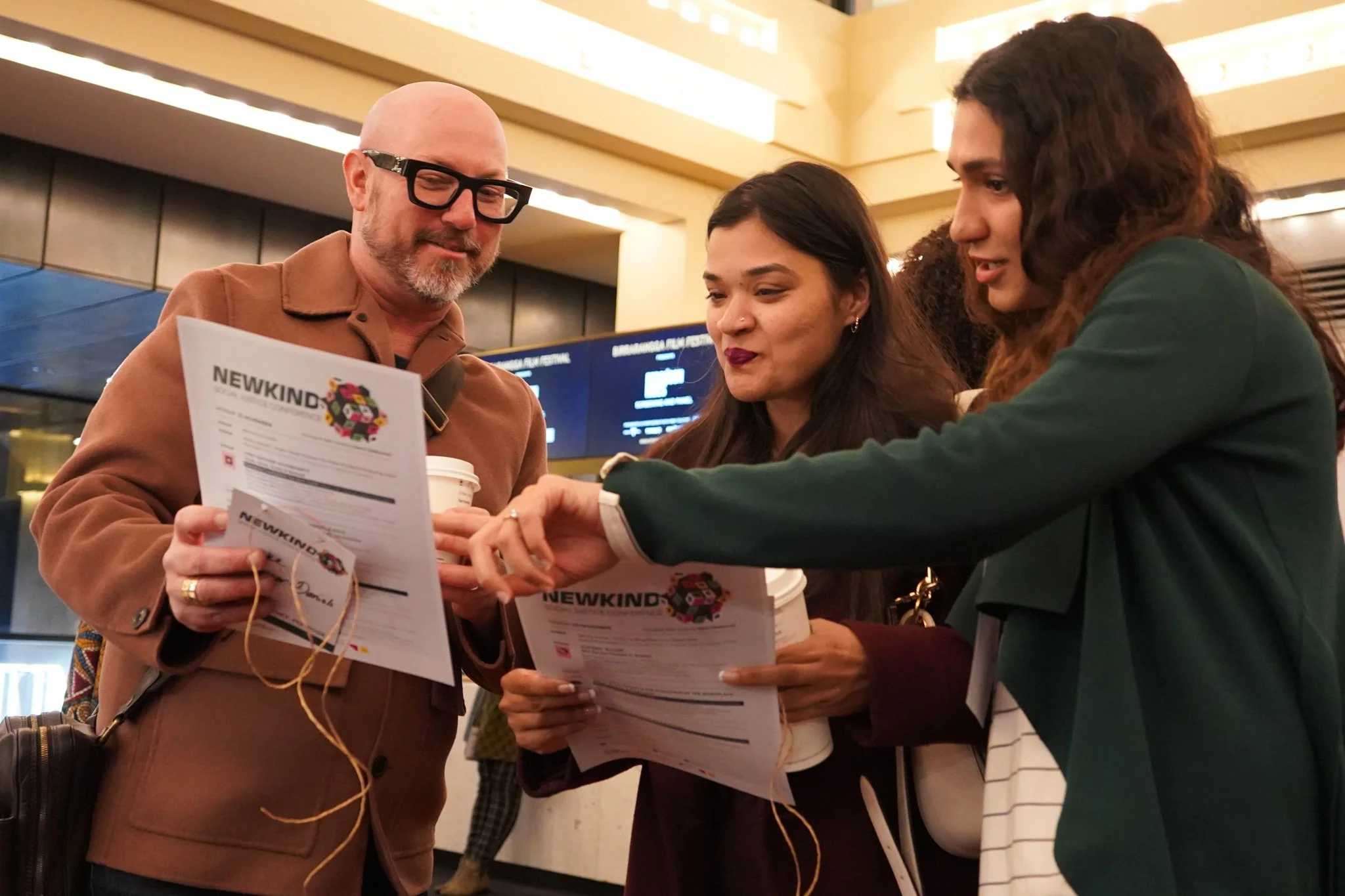
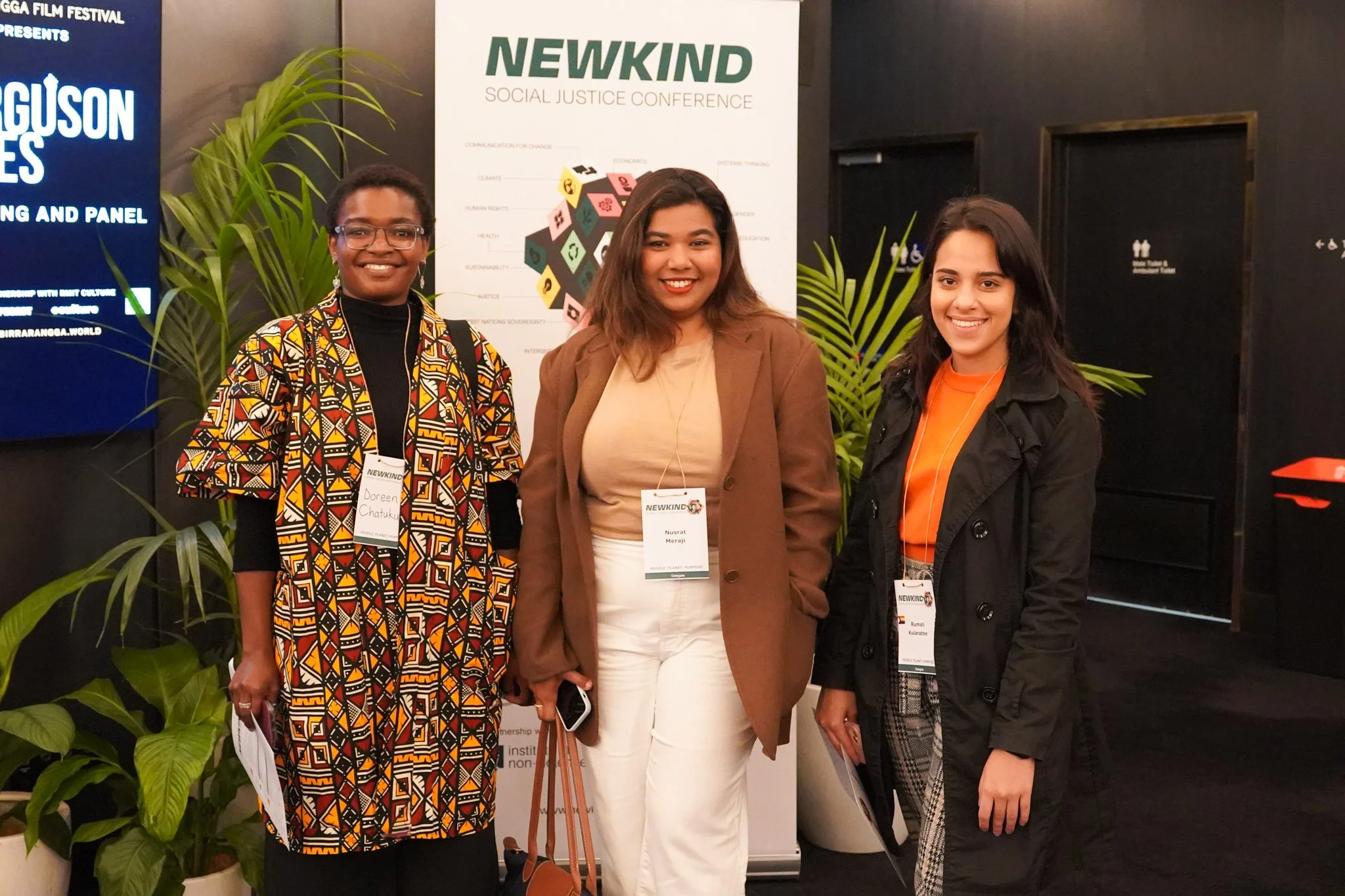
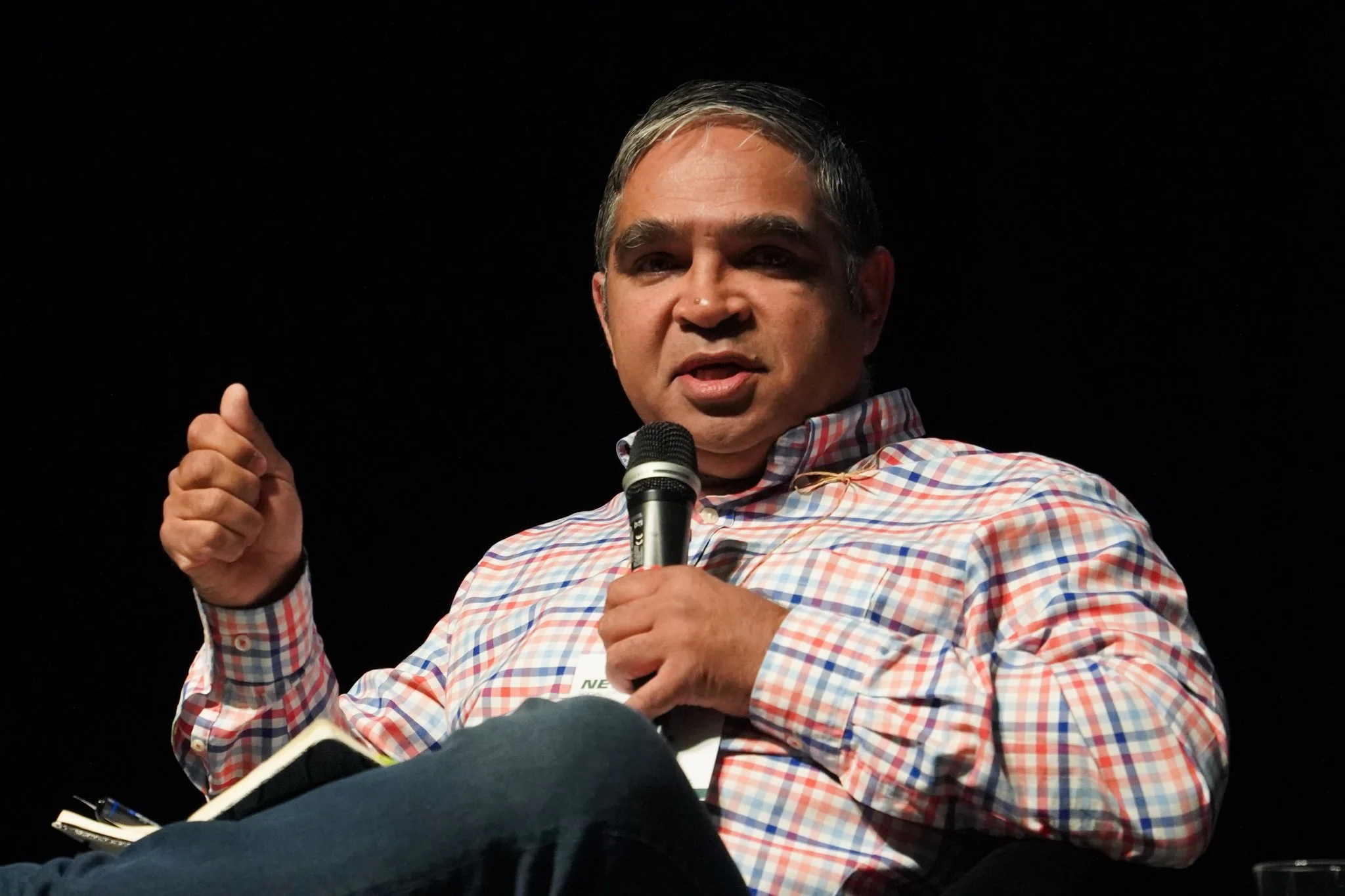

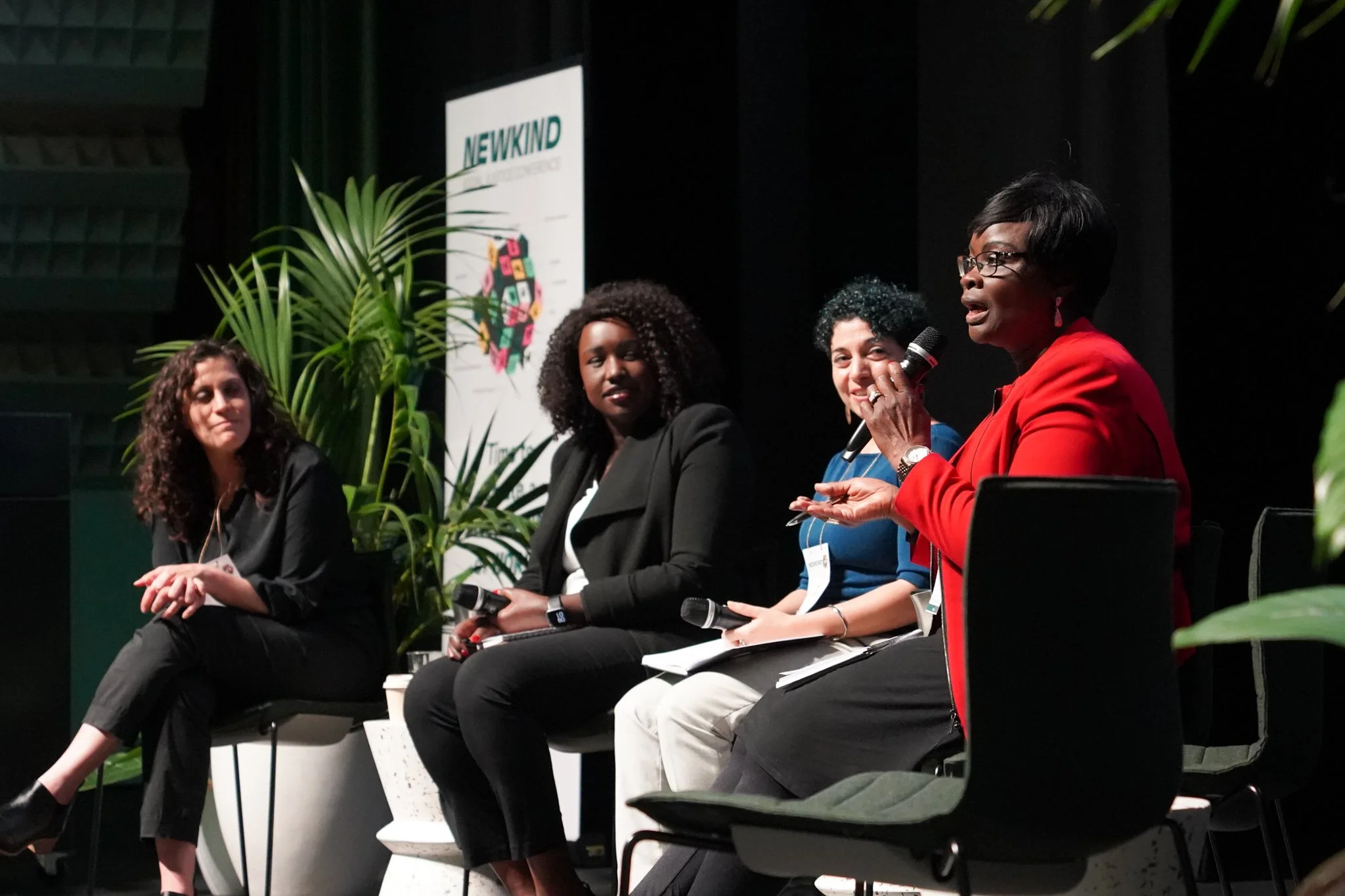




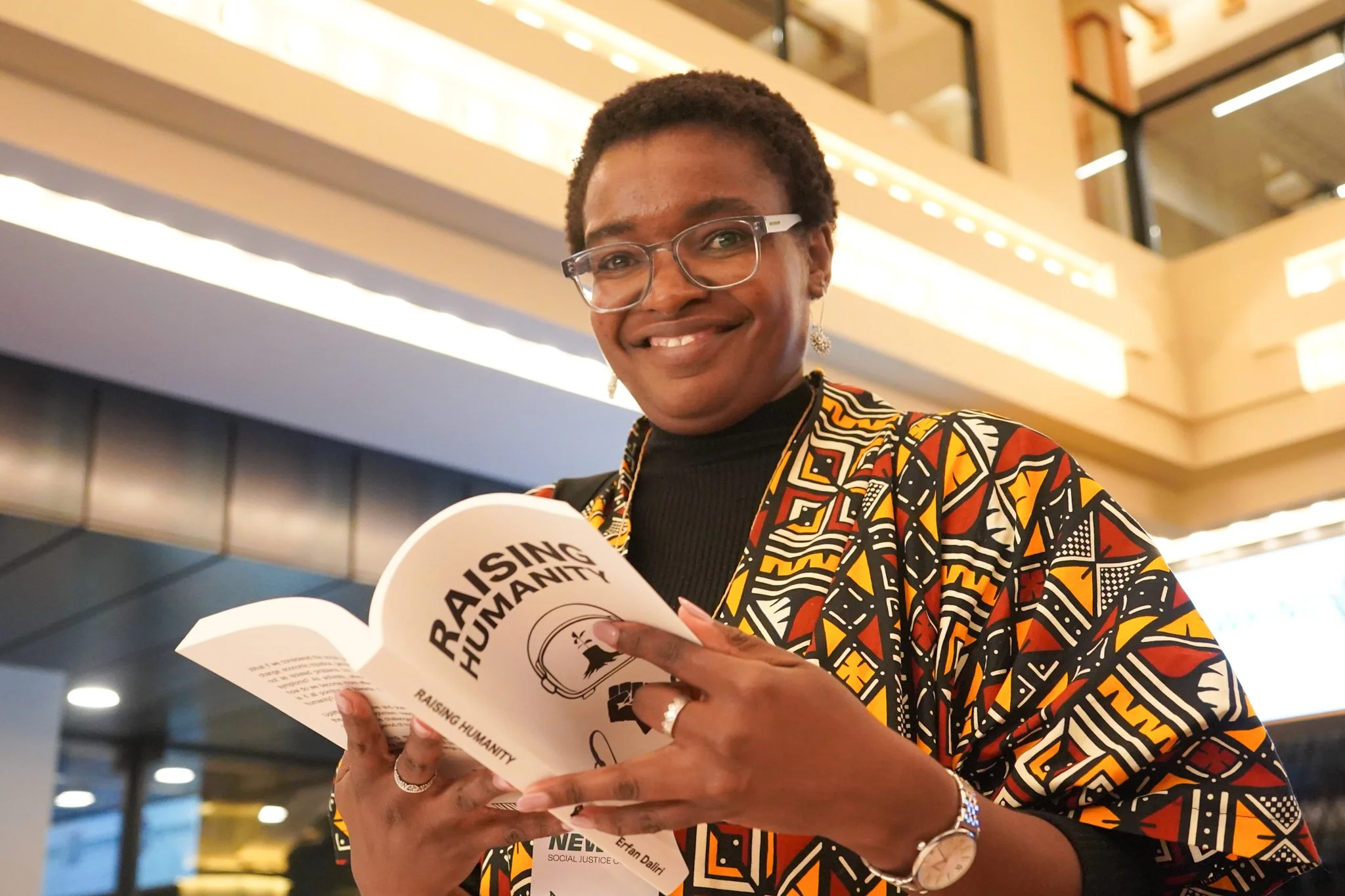





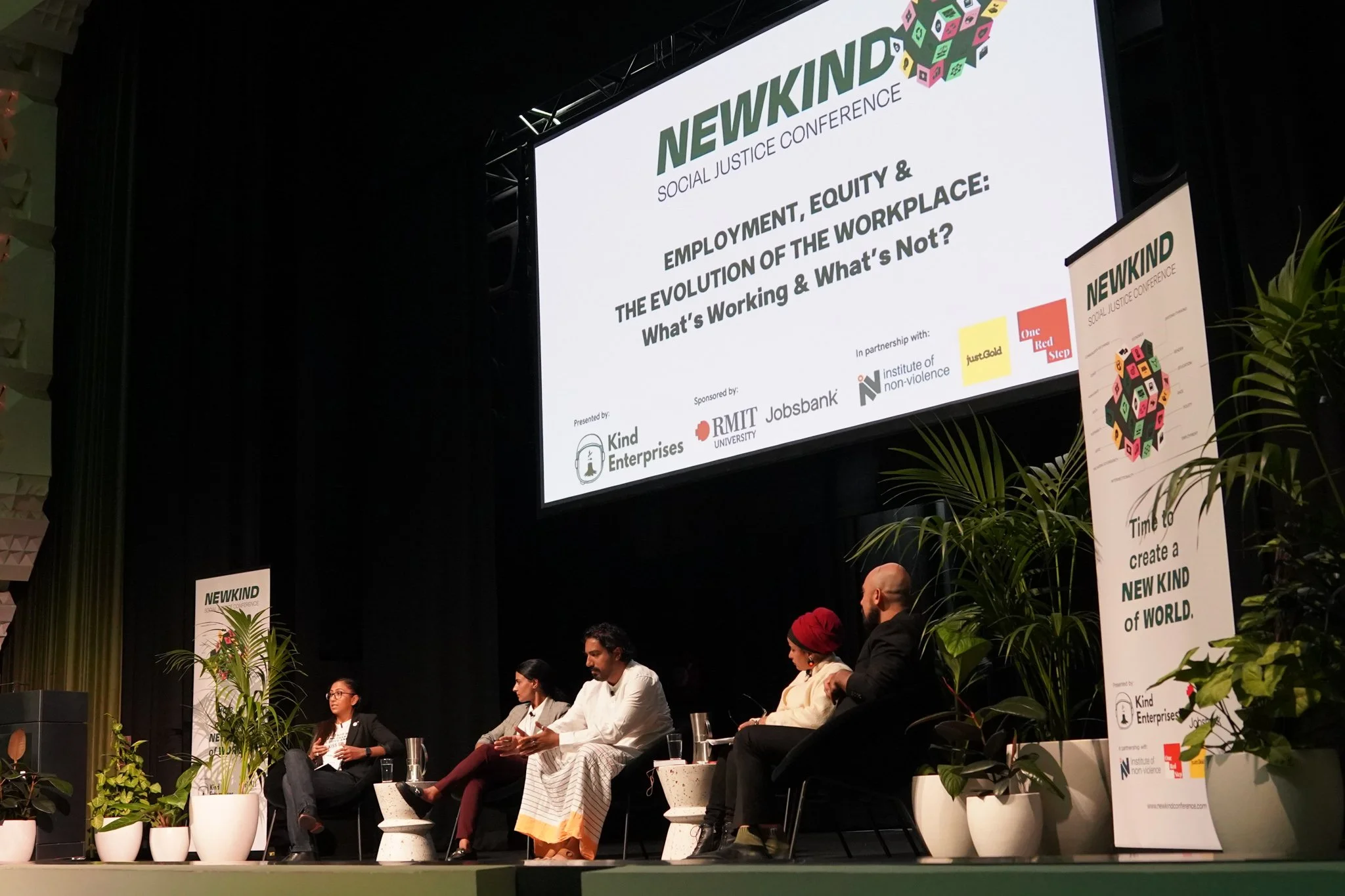




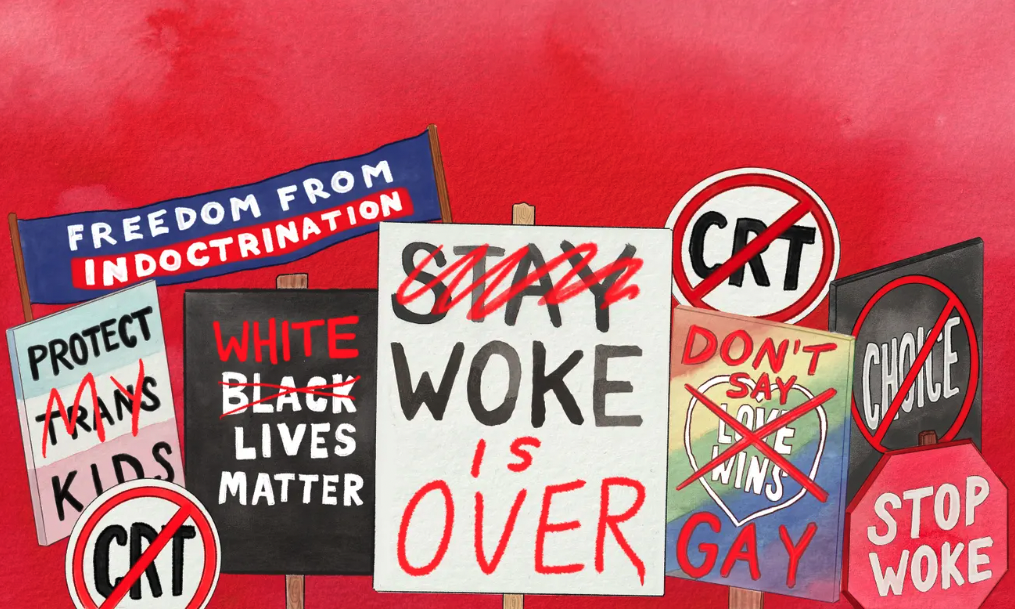


The Multicultural Framework Review - Terms of Reference begins by stating that more than half of Australian residents (51.5%) are either born overseas or have at least one parent born overseas. It then goes on to state that “Culturally and linguistically diverse communities” are integral members of our vibrant, multicultural society.
Already, the document has failed to acknowledge that Australia is an almost entirely migrant nation, and the only exceptions to that are the First Nations Aboriginal and Torres Strait Islander people of the continent. The language used in the Terms of Reference implies that 51.5% are “migrants”, and the rest are not. Already, the power dynamic is being established, and we have another subtle reminder that some Australians are more Australian than others.